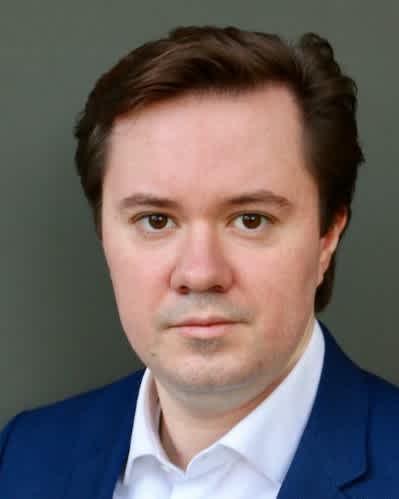
Dmitrii Kharlamov
I’m an abstract thinker good at spotting patterns and a team player. Half of the 18+ years of my commercial experience I acquired as an independent consultant (i.e. dealing with clients). I'm quite apt at solving problems other engineers find challenging, which enables me to guide the engineers and processes around them (but I suck at algorithms).
Engineers on my teams have historically correlated with revenue at the rate of 1 engineer per $1m of ARR.
I generally follow my 3 rules of a good hacker (“…a computer expert who uses their technical knowledge to achieve a goal or overcome an obstacle”):
- Don't re-invent the wheel
- Do what's relevant TODAY (no over-engineering)
- Use the simplest solution possible.
I also like to approach IT security with the following hacker (“someone who is able to subvert computer security”) proverb in mind: “If it can’t be broken (into) - it’s not electronic.”
I’m quite practical - having been exposed to 15+ programming languages and having taken over 100 courses on various technologies, stacks, etc., I can say tongue in cheek that I rarely even attempt to remember anything about a language or a framework (unless it's Ruby or Javascript, both of which I love) - those things change all the time, and it takes a lot less time and brain cells to look things up on SO or in the docs. You could say I’m embracing the cyborg (as defined by Elon Musk) in me. Someone said selective memory and brain filters are a sign of intelligence.
I’m yet to see Scrum and Agile being effective in any technology startup, but everyone is afraid to admit it. The fallacy, IMHO, is in the whole “sprint” approach - If "the future is generally unpredictable", then what does shrinking your time horizon achieve? Kanban on the other hand works quite well, when you understand it. And I think we can all agree that Waterfall is a relic of the past left to quiet admiration in a museum-like setting and mood.